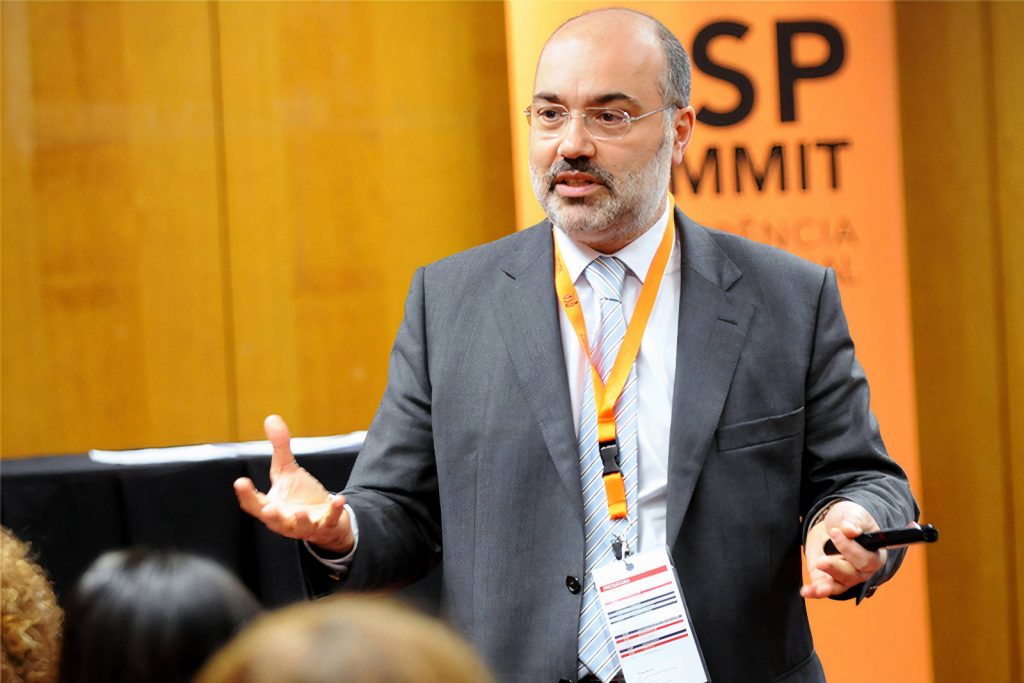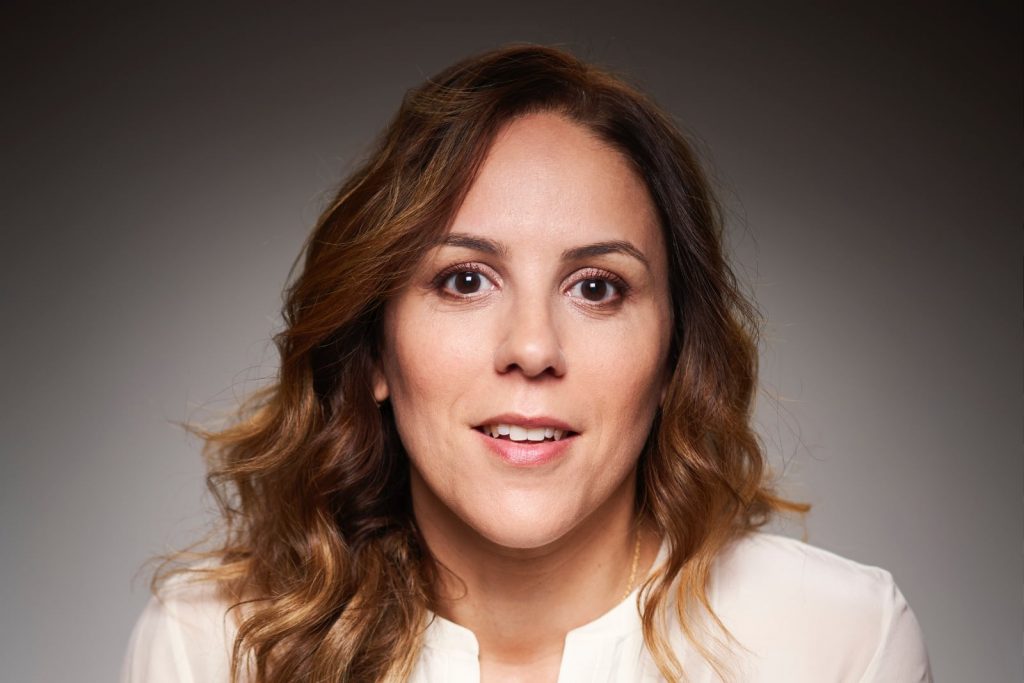With more than two decades’ experience in the travel tech startup world, our co-founder John Lambe is no stranger to the market’s ups and downs. This week, we sat down with him to talk about why RoomsCo was created and how our company is growing to face the current crisis. Plus, he gives us his perspective on the future of business travel and some advice for new travel tech startups entering the scene.
1. You’ve been involved in the travel tech startup scene for over two decades now. Tell us a bit more about your journey in the travel world, how you got started, and how you came to be where you are now.
After university, I started in 1989 as a Software Engineer with Westinghouse in Dublin working on airline systems. From there I went to work in a small company Datalex in 1995 when it had about 20 people. Datalex became a leader in travel eCommerce software at the start of the internet era.
Datalex grew to over 500 people, made a lot of acquisitions and was the last tech company to IPO on the Nasdaq before the ‘Dot Bomb’ crash in 2000. I left Datalex in 2002 to co-found Openjaw Technologies to develop systems to take advantage of the opening up of travel distribution and the emergence of new travel distribution standards from OpenTravel, a standards organization I had been heavily involved with.
OpenJaw grew to be a major travel technology supplier and was sold to Travelsky, a Chinese Travel Distribution company. After that, I spent a few years in Cape Town working with Travelstart, Africa’s largest travel agency, and then I moved to Portugal where Daniela and I started RoomsCo.
2. How did the idea for RoomsCo come about and what were your original plans and intentions for the company? Have they changed since?
RoomsCo came about because we identified issues with the existing processes for contracting and booking hotels by corporates which resulted in them paying higher prices than necessary.
Our initial intention was that RoomsCo would be a completely online business however particular requirements of the Portuguese market made it important to have a personal contact service as well. The business has evolved based on customer needs and now has a strong focus on short- and long-term accommodation for company employees travelling abroad.
3. As we all know, the travel industry has been one of the hardest hit by the COVID-19 pandemic. Could you talk to us about how RoomsCo was affected and what steps you took to be able to exit the crisis effectively?
Like all travel businesses, RoomsCo has been affected by the reduction in travel during the pandemic. However, the category of travel we are focused on has been less affected than leisure travel, events, and other sectors. The pandemic has also increased demand for house and apartment rentals for employees travelling, as an alternative to hotels, to allow them to have a more private space with the ability to cook, etc. RoomsCo now has a team dedicated to sourcing apartments and houses.
4. And speaking of COVID-19, when do you see business travel picking back up in more significant numbers and how different do you think it will look?
I think the recovery will be gradual as normality returns over time to different countries. I expect there will be less flights and less hotels as the providers bring capacity back gradually and it may be a very long time before capacity returns to pre-pandemic levels. Long term, there will be increased risk associated with investment in travel or tourism related projects, which may lead to lower levels of investment, less capacity and higher prices.
5. Finally, given your vast experience in the sector, what advice would you give to early-stage travel tech startups right now?
Know what problem you are trying to solve and make sure it is a real problem for your target customers. Ensure you have a robust revenue model and marketing plan. Having a great piece of tech or a wonderful website will not be successful unless your potential customers know about it and start to use it. Expect that the timeline to success will be even longer given the current challenges.



